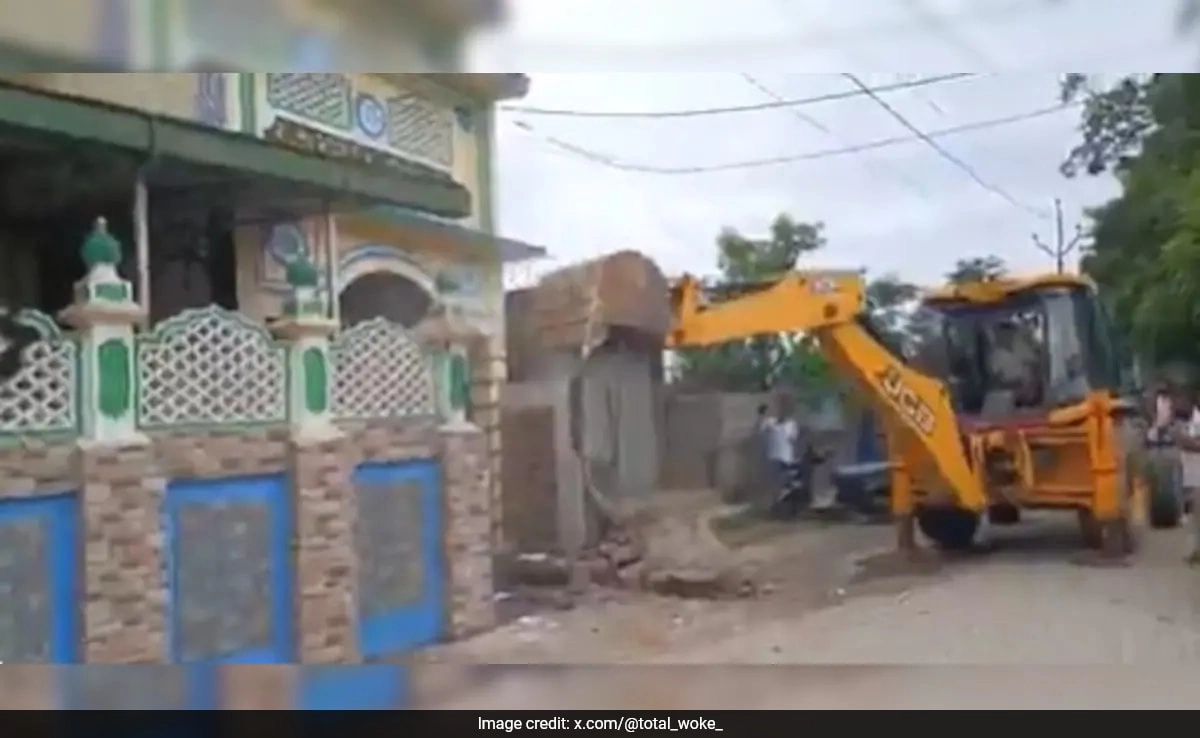In a significant development in Assam, a madrassa that was operating without the necessary approvals was razed by a local mosque committee. This action underscores the ongoing tension and scrutiny surrounding unregulated religious institutions in the region. The madrassa, which had been functioning without official sanction, became the focal point of a broader discussion about the regulation and oversight of educational institutions, particularly those affiliated with religious organizations. The mosque committee’s decision to demolish the madrassa raises important questions about the role of local communities in enforcing educational standards and ensuring compliance with established regulations.
The incident reflects a growing concern among community leaders regarding the proliferation of madrassas that lack proper authorization. Local authorities have been increasingly vigilant in monitoring such institutions, as they seek to maintain educational integrity and safeguard the interests of students. The action taken by the mosque committee illustrates a proactive approach by local leaders to address perceived deficiencies in oversight and to promote accountability within the educational sector. This situation also highlights the delicate balance between religious freedom and regulatory compliance, as communities navigate the complexities of managing educational institutions that cater to specific faith-based populations.
Furthermore, the demolition of the madrassa raises broader implications for the relationship between religious organizations and the state in Assam. It sparks a dialogue about the responsibilities of both local communities and government entities in ensuring that educational institutions adhere to legal standards. As debates continue over the role of madrassas in society, it is essential for stakeholders to engage in constructive discussions aimed at fostering transparency, accountability, and collaboration. Ultimately, the incident serves as a reminder of the importance of regulatory frameworks in maintaining the quality of education while respecting the diverse cultural and religious landscape of the region.




